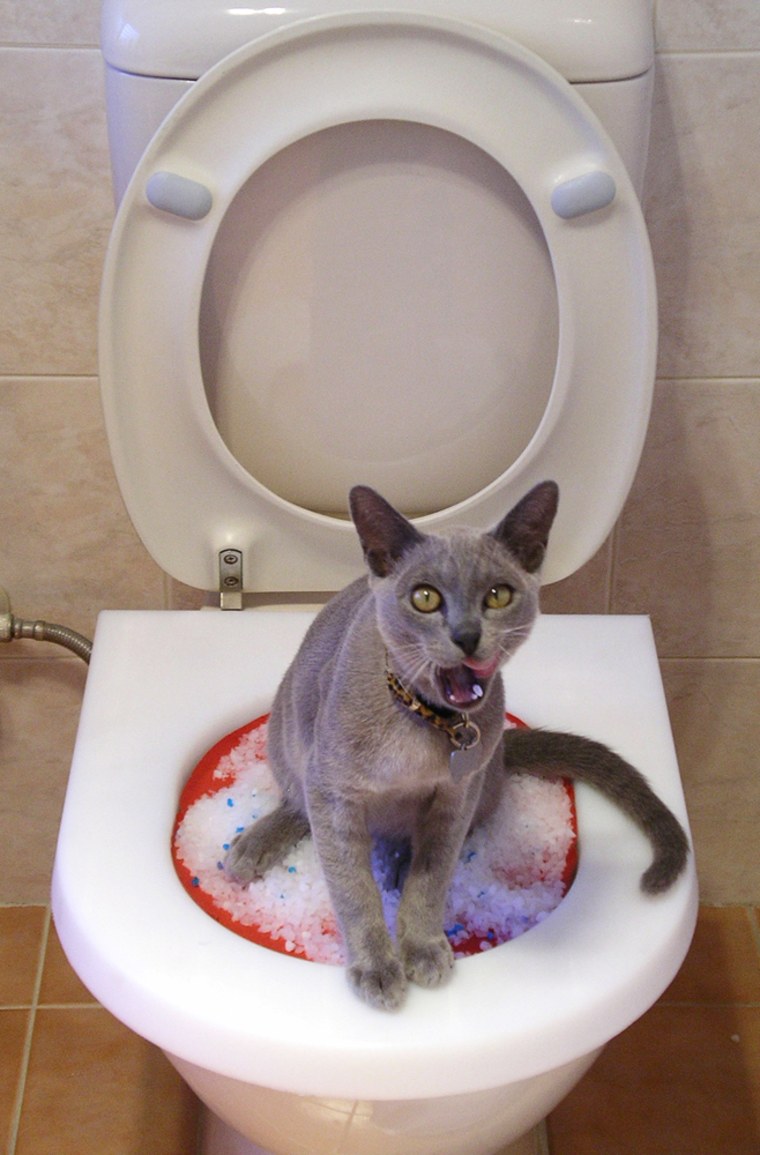Dangers of Flushing Cat Poop Down Your Toilet - Prevent Potential Issues
Dangers of Flushing Cat Poop Down Your Toilet - Prevent Potential Issues
Blog Article
Presented here in the next paragraph you will discover a lot of amazing help and advice related to How to Dispose of Cat Poop and Litter Without Plastic Bags.

Intro
As cat proprietors, it's vital to be mindful of just how we get rid of our feline friends' waste. While it might seem practical to purge feline poop down the commode, this practice can have destructive repercussions for both the environment and human health and wellness.
Ecological Impact
Flushing feline poop introduces damaging virus and parasites right into the water supply, presenting a significant threat to aquatic communities. These pollutants can adversely influence aquatic life and concession water quality.
Health and wellness Risks
Along with environmental concerns, flushing feline waste can additionally position health and wellness threats to humans. Feline feces might have Toxoplasma gondii, a parasite that can trigger toxoplasmosis-- a possibly severe disease, specifically for pregnant women and individuals with weakened immune systems.
Alternatives to Flushing
Thankfully, there are much safer and much more liable means to deal with feline poop. Take into consideration the following options:
1. Scoop and Dispose in Trash
The most typical technique of taking care of cat poop is to scoop it into an eco-friendly bag and toss it in the trash. Be sure to use a devoted trash inside story and take care of the waste promptly.
2. Use Biodegradable Litter
Choose naturally degradable cat litter made from materials such as corn or wheat. These litters are environmentally friendly and can be safely thrown away in the trash.
3. Hide in the Yard
If you have a yard, think about hiding feline waste in a marked area away from vegetable gardens and water sources. Be sure to dig deep enough to prevent contamination of groundwater.
4. Install a Pet Waste Disposal System
Purchase a pet garbage disposal system especially made for feline waste. These systems utilize enzymes to break down the waste, decreasing odor and environmental influence.
Verdict
Accountable animal possession prolongs beyond giving food and sanctuary-- it likewise involves proper waste monitoring. By refraining from flushing pet cat poop down the bathroom and selecting alternate disposal methods, we can decrease our ecological footprint and shield human wellness.
Why You Should Never Flush Cat Poop Down the Toilet
A rose by any other name might smell as sweet, but not all poop is created equal. Toilets, and our sewage systems, are designed for human excrement, not animal waste. It might seem like it couldn’t hurt to toss cat feces into the loo, but it’s not a good idea to flush cat poop in the toilet.
First and foremost, assuming your cat uses a litter box, any waste is going to have litter on it. And even the smallest amount of litter can wreak havoc on plumbing.
Over time, small amounts build up, filling up your septic system. Most litter sold today is clumping; it is made from a type of clay that hardens when it gets wet. Ever tried to scrape old clumps from the bottom of a litter box? You know just how cement-hard it can get!
Now imagine just a small clump of that stuck in your pipes. A simple de-clogger like Drano isn’t going to cut it. And that means it’s going to cost you big time to fix it.
Parasitic Contamination
Believe it or not, your healthy kitty may be harboring a nasty parasite. Only cats excrete Toxoplasma in their feces. Yet it rarely causes serious health issues in the cats that are infected. Most people will be fine too if infected. Only pregnant women and people with compromised immune systems are at risk. (If you’ve ever heard how women who are expecting are excused from litter cleaning duty, Toxoplasma is why.)
But other animals may have a problem if infected with the parasite. And human water treatment systems aren’t designed to handle it. As a result, the systems don’t remove the parasite before discharging wastewater into local waterways. Fish, shellfish, and other marine life — otters in particular — are susceptible to toxoplasma. If exposed, most will end up with brain damage and many will die.
Depending on the species of fish, they may end up on someone’s fish hook and, ultimately on someone’s dinner plate. If that someone has a chronic illness, they’re at risk.
Skip the Toilet Training
We know there are folks out there who like to toilet train their cats. And we give them props, it takes a lot of work. But thanks to the toxoplasma, it’s not a good idea.

I came across that write up on How to Dispose of Cat Poop and Litter Without Plastic Bags when doing a lookup on the search engines. For those who enjoyed reading our page if you please don't forget to share it. Many thanks for taking the time to read it.
Call Today Report this page